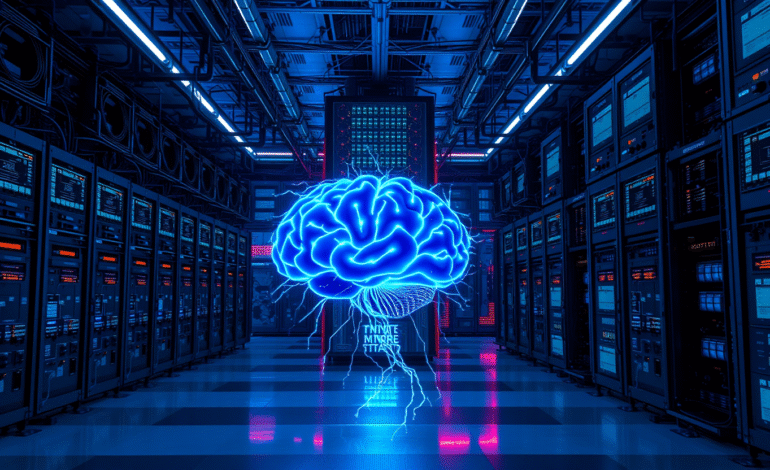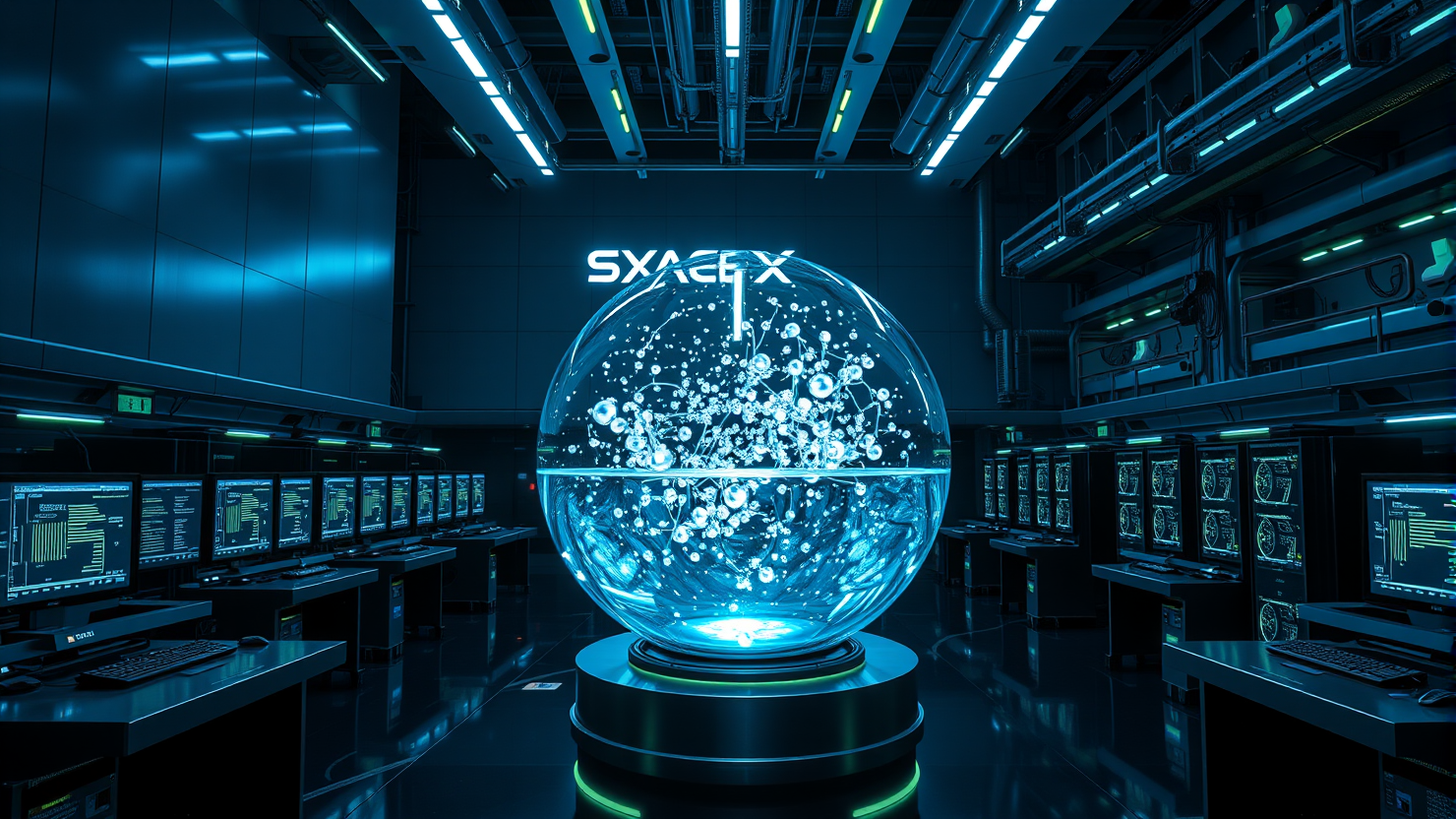Revolutionary Open-Source AI Deep Cogito v2 Improves Reasoning Skills for Enhanced Performance

Deep Cogito, a leading innovator in artificial intelligence (AI), has announced the launch of Cogito v2, a family of open-source AI models designed to enhance their own reasoning skills. The new lineup, released under an open-source license, comprises four hybrid reasoning AI models, each distinguished by its parameter count and scale: two mid-sized models with 70B and 109B parameters, and two large-scale versions at 405B and 671B.
The most notable addition to the Cogito v2 family is the 671B Mixture-of-Experts (MoE) model, already acclaimed as one of the world’s most powerful open-source AIs. Preliminary reports indicate that this model competes with DeepSeek’s latest offerings and approaches parity with proprietary systems such as O3 and Claude 4 Opus.
Yet, Cogito v2’s significance extends beyond size and power. Unlike traditional AI models that merely prolong inference time to arrive at solutions, the new models are designed to internalize their reasoning processes. This innovation is achieved through Iterated Distillation and Amplification (IDA)—a technique that distills discoveries from a search back into the model’s core parameters, thereby strengthening its ‘intuition’ and enabling it to anticipate the outcome of its own reasoning without performing exhaustive searches.
As a result, Cogito v2 models exhibit 60% shorter reasoning chains compared to competitors like DeepSeek R1, enhancing their efficiency. Furthermore, Deep Cogito claims that all its models—from experiments to final training—were developed for a combined total cost of less than $3.5 million, a fraction of the expenditure incurred by many leading AI labs.
The flagship 671B model has been optimized not only to refine its final answers but also to improve its thinking process itself. This approach discourages circuitous reasoning and encourages a more direct path to solutions, as suggested by performance data that shows the open-source AI model matching or surpassing the latest DeepSeek versions on key benchmarks while being competitive with proprietary alternatives.
Perhaps most intriguingly, Cogito v2 models demonstrate an emergent ability to reason about images, a skill they were never explicitly trained for. In a demonstration shared by the team, the open-source AI model compared two images of a duck and a lion, exhibiting a sophisticated understanding of their habitats, colors, and compositions through transfer learning. Deep Cogito posits that this property could be a valuable means to bootstrap training data for future multimodal reasoning systems.
Looking ahead, the Deep Cogito team aims to build upon the gains of iterative self-improvement in their pursuit of superintelligence. They have reaffirmed their commitment to releasing all AI models under an open-source license.





